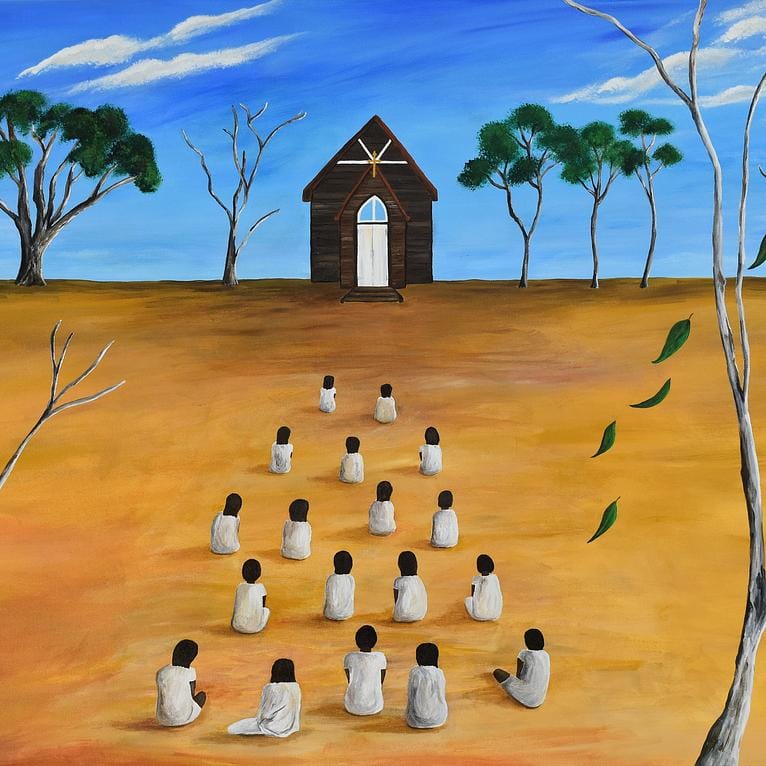Unveiling the Impact of Language in Literary Works: Peevay on Indigenous Identity and Colonisation

Hello everyone! 🥰 I hope you're doing swimmingly. Sorry for taking so long 😥 My laptop flew and cracked and it took a while to get repaired but it's healthy now 💪💅 Here's the continuation (Para 2, slightly edited) of a high-scoring essay I wrote for Year 12 Literature ATAR, seeking to answer:
The impact of a literary work can sometimes be attributed to the way a writer has used language to create particular representations of people and/or places. Explore this idea referring in detail to at least one literary work you have studied.
The Struggle for Identity: Peevay's Tale
The novel creates a strong critique of the way in which colonisation threatens the ability of Indigenous peoples to maintain their identity through its comprehensive and sympathetic characterisation of colonised peoples.
Peevay, a half-Aboriginal and half-White Australian, struggles to maintain his identity in a world that does not accept 'half-castes'. His muddled discourse, consisting of formal English diction (e.g. "tidings of joy", "grievous falsehoods"), vulgar slang (e.g. "piss-poor foolish", "buggers"), and Aboriginal colloquialisms (e.g. "Kassumah", "Wruggeowrapper"), is symbolic of his 'broken' identity, one that has been fractured by colonisation.
Peevay's struggle to maintain his identity unfolding through a complex linguistic tapestry becomes a focal point for understanding the clash of cultures brought about by colonisation. This nuanced portrayal invites readers to empathise deeply with the challenges faced by colonised peoples, in preserving their cultural identity amid the pervasive impact of colonisation.
'Hybrid' Culture: Australia's Tale
Just as elements of Peevay's speech is incongruous, so does Peevay not fit comfortably anywhere. This comprehensive representation of the plight of Indigenous peoples like Peevay to maintain their identity invites us to more deeply sympathise with them, and thus have more appreciation of Kneale's critique of degrading colonised peoples' identity. The disastrous impact of colonisation can have on Indigenous identity and culture is furthered throughout English Passengers, particularly when Peevay notes that there are many "others just like him", with degraded cultural identities.
While these people with "pale skin like Palawa's nose, or black skin but red hair" come as good news to Peevay, on a wider level, it is symbolic of the increasing 'hybrid' culture from the 1800s onwards. Specifically, it is symbolic of the Stolen Generation. Just as those 'brothers and sisters' of mixed blood are a product of rape (White parent raped Indigenous parent), a medium by which colonisers oppress the colonised, the Stolen Generation is a similarly dark event wherein colonisers tried to breed out the colour and 'savagery' in Indigenous peoples.
Through the comprehensive (referring to the multitude and depth of techniques) in characterising Indigenous peoples, Kneale makes an impactful critique on the degradation of Indigenous identity incited by colonisation.
Wanna hear more about English Passengers? Subscribe to get updates! It's free, and I would love to hear your thoughts as well. 🤗 🤗
